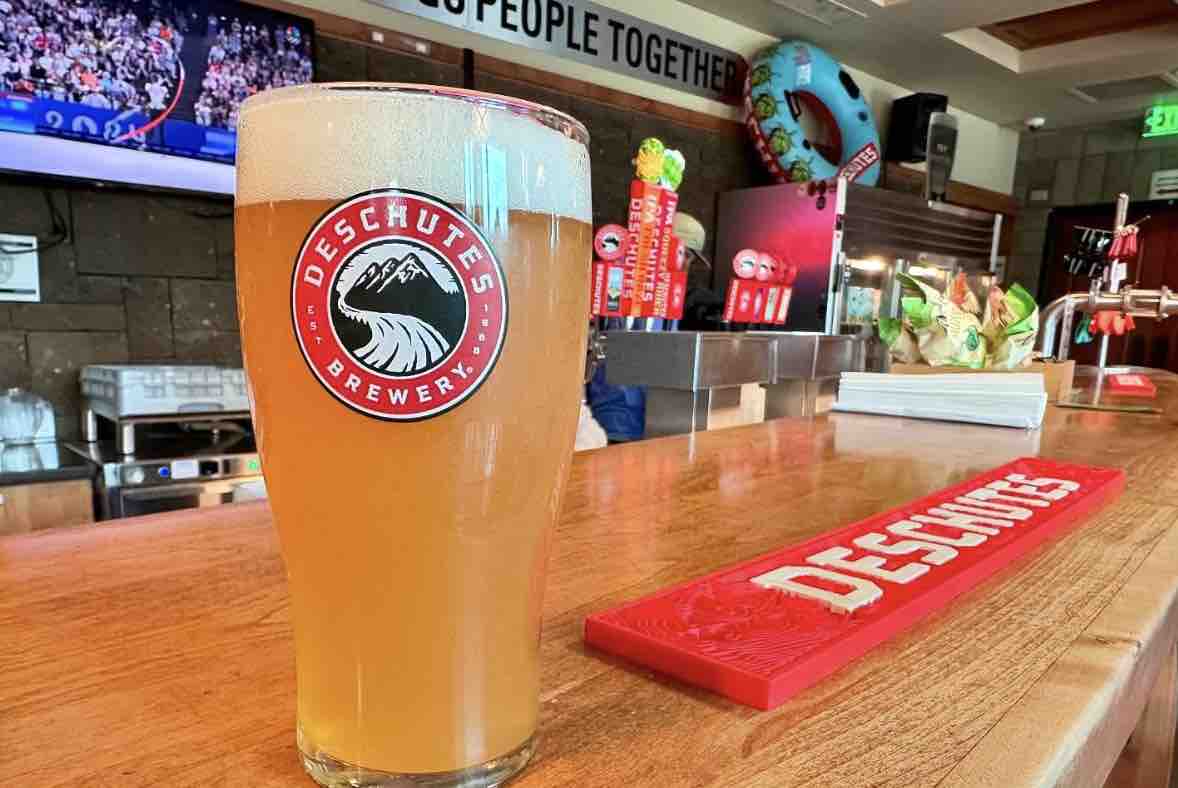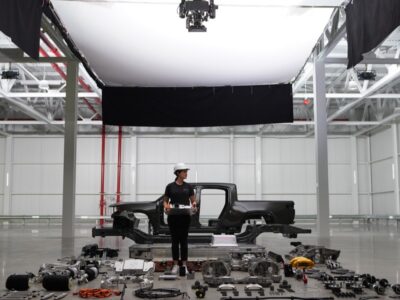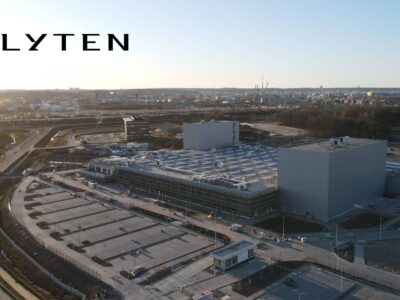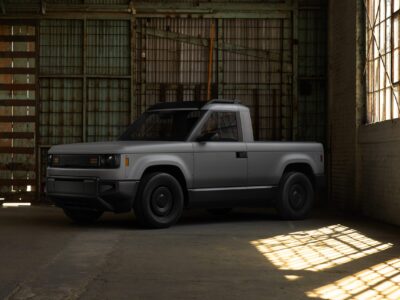Deschutes Brewery in Bend, Oregon, was established by Gary Fish in 1988. It’s entirely employee-owned and has a secondary location in Portland. Fish wanted to open a communal space for his family and friends — a place where they could gather for a pint. Deschutes sold 310 barrels of beer in its first year and now sells more than 225,000 barrels yearly.
The brewery has several high-end sustainability initiatives, many of which are in the brewing process. The warehouse has a nighttime cooling system, condensing heaters, Thermo-breaks near the coolers and under the floor, sky lighting, and motion-sensor lighting. This technology saves Deschutes natural gas and electricity.
Destratification fans save energy by mixing air in the brewing space to reduce temperature differences. They also improve air quality.
The company has partnered with several conservation organizations, such as the Deschutes River Conservancy, Freshwater Trust, and Upper Deschutes Watershed Council. The brewery launched a custom beer with the River Conservancy in 2018 for the 30th anniversary of the brewery.

Photo Courtesy Deschutes Brewery
As a member of the United States Department of Energy’s Better Plants Program, the brewery committed to a 10% reduction in energy use by the end of 2023 and to see a 50% reduction in greenhouse gas by 2030. Deschutes joined the program in October 2018. Better Plans works with American manufacturers and wastewater treatment services to reach ambitious water conversation, pollution clean-up, and carbon reduction goals.
Deschutes says it’s the first brewery to install BrewVo technology. The deal, announced in April 2023, will see Deschutes deliver non-alcoholic (NA) beer with Sustainable Beverage Technologies (SBT). BrewVo uses a “nested fermentation” process to create low or no-alcohol batches of ales. According to SBT, this technology is more efficient than other NA brewing styles, preserving flavor and aroma.
“As consumer attitudes toward alcohol consumption evolve, we’re expanding our capabilities to scale this highest-quality non-alcoholic beer that rivals the flavor and aroma experience of a full-strength craft beer across the U.S. and beyond,” Peter Skrbek, CEO of Deschutes Brewery, said in a press release. “Bringing non-alcoholic production in-house opens the door to expansion in a top growing sub-category of craft.”
Deschutes released a non-alcoholic Stout beer in 2020. It followed that in 2022 with the gold medal-winning brand Black Butte NA porter, which has received awards in NA categories in every competition it has entered.
“We weren’t prepared for the level of consumer excitement for the Black Butte Non-Alcoholic launch, which quickly became the highest-velocity product in our portfolio,” Skrbek said in the press release. “Bringing the production capability in-house is a game changer.”
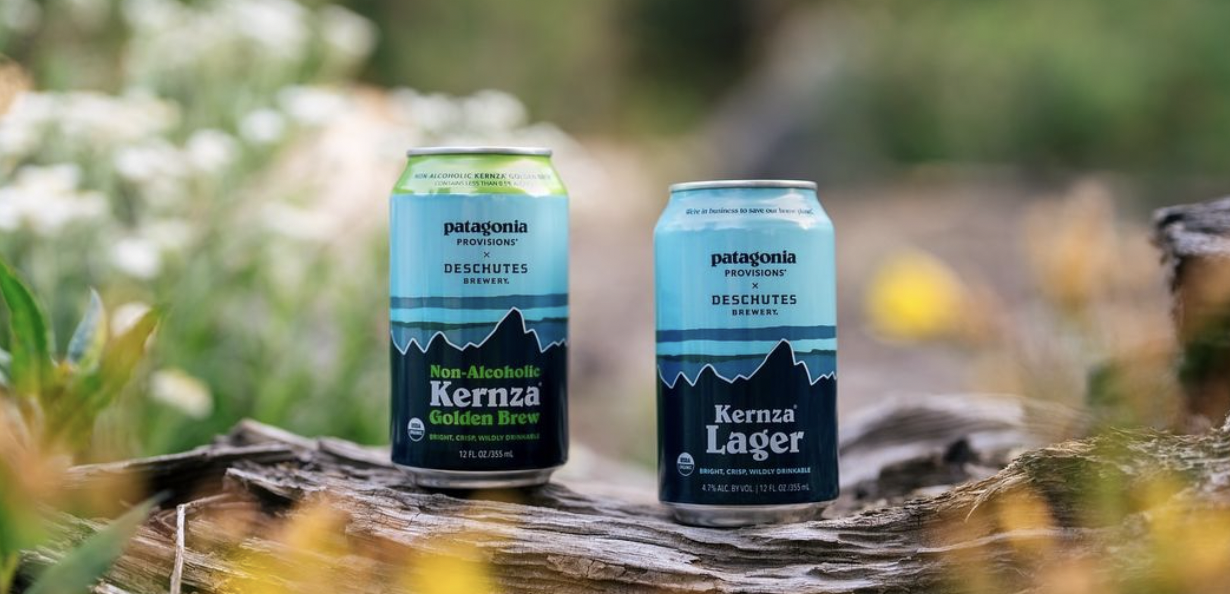
Photo Courtesy Deschutes Brewery/Patagonia Provisions
Deschutes is also a producer of the Patagonia Kernza beer, which is made from the sustainable kernza grain. This beer, which is also non-alcoholic, is made from a soil-saving grain. Kernza doesn’t need as much space to grow and draws in more carbon than other beer cereals. It’s also easier to till, reducing the need for machinery and fossil fuels.
In terms of charity work, the brewery donates $1 for every pint sold on Tuesday to a nonprofit of its choice.
Deschutes has remained one of the more socially responsible breweries on the West Coast. The commitment to operating sustainably and giving back to the community’s waterways shows the company cares about its customers in more ways than providing delicious beers.

